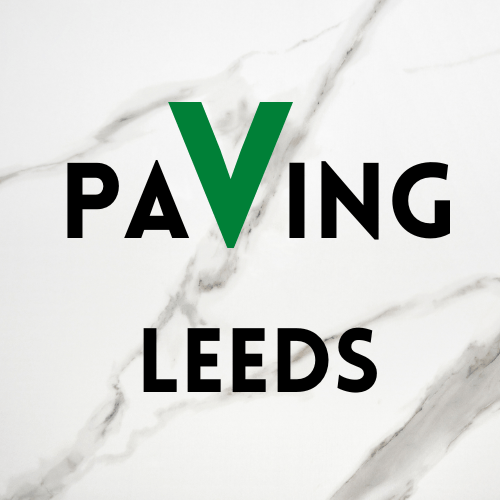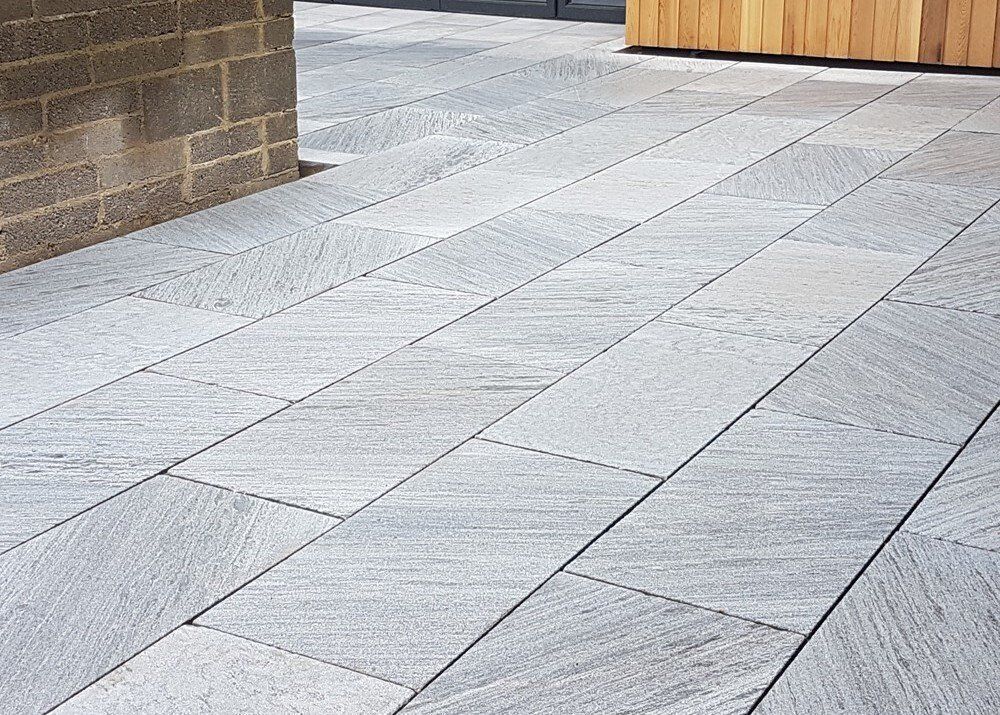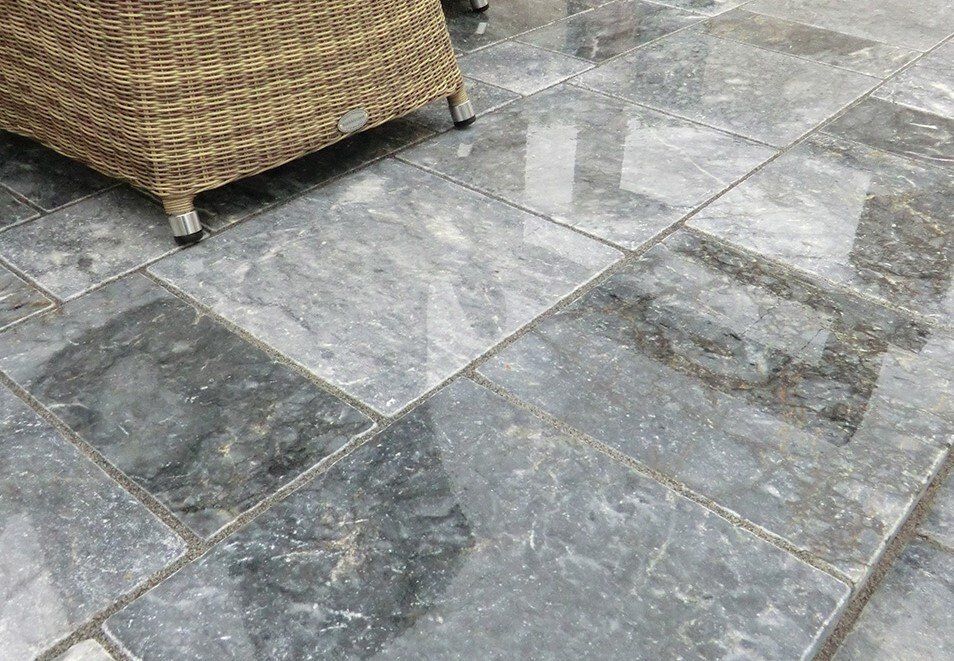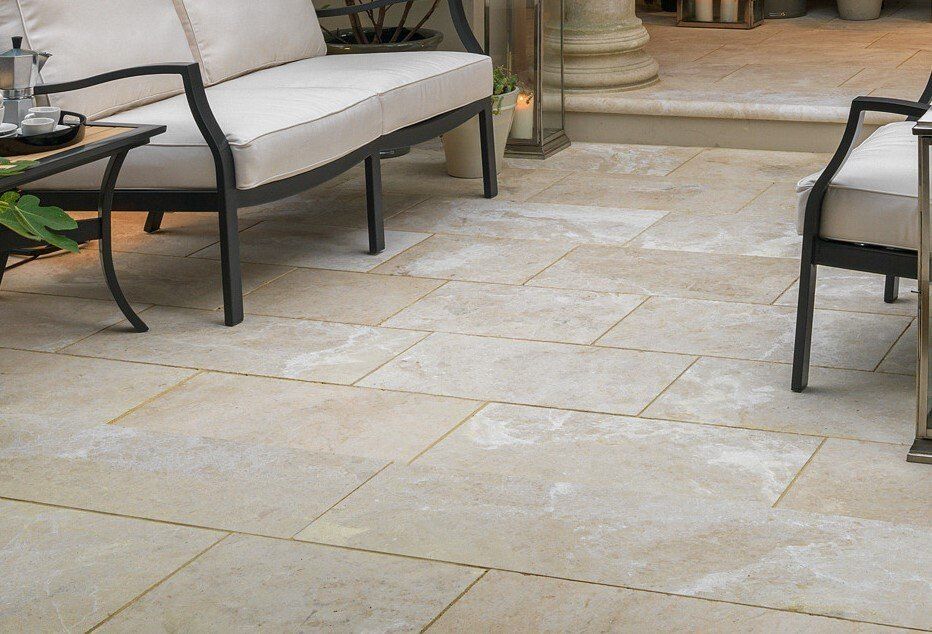Marble Paving Leeds
Marble Paving
Whilst marble has traditionally been associated with table tops, work surfaces and indoor floor tiling it is also versatile enough for outdoor use and can provide stunning patio areas. It is probably seen as one of the more luxurious paving options and indeed is one of the more expensive paving slabs but it can be well worth the investment.
Marble is a form of limestone, a metamorphic rock formed from recrystalised carbonate minerals -it naturally created following extreme pressure and temperature making it very durable, high quality material. as a natural material other minerals, sometimes referred to as impurities, will also be formed within the rock. It is these which create the additional different coloured veins and swirls that provide a 'marbled effect'.
The cutting and finishing means that both rough and smooth polished surfaces can be created from marble giving you a number of options for your patio project.
Marble Paving Options
Since a smooth polished finish when wet can create a slippery surface the very shiny smooth finished marble is the typical finish for various indoor use. For pavers you will still have a uniform smooth finish the additional process which create a glossy finish are not used often on outdoor paving stone to provide a much less slippery surface, which is safer in wet or rainy conditions - which we know all too well is common in the UK. The finish is sometimes referred to as a tumbled finish so ideal for all weather outdoor use. Polished marble paving can be used outside but should be viewed with some element of caution when wet.
Colours most commonly range from a very light to white grey through to a much darker charcoal - almost black finish. Both light and dark pavers will have veins of other colours or shades running through them creating very interesting unique patios. For one type of paving stone you may get up to six different size and shapes which can include a softer curved edge. This are referred to as a bullnose step or coping and will typically be used to form steps, or an edge to a swimming pool, to provide a gentler looking edge to the steps.
Why chose marble paving for your patio?
Similar to porcelain the denseness of marble means that it is much less porous than other paving stones and as a result is much more resistant to wear and tear, stains and spills. That said it is always important to clean and spills up as quickly as possible since there will be some level of porosity in the marble. As with anything outdoors it will be subject to the elements, so a clean every once in a while will keep you marble patio looking fantastic and avoid a more intense clean if a build up of debris and algae has been allowed to accumulate.
When cleaning marble you should avoid and harsh chemicals such as descaling cleaners, bleaches or vinegar as they can strip away some of the colour intensity. Simply cleaning with water and some mild detergent should do the trick. If however, you do have a stubborn stain using a cleaner specially formulated for marble should be used or you can try baking soda, mixed up with water to form a paste , which if left for a day on a stain can absorb it.
Need help?



